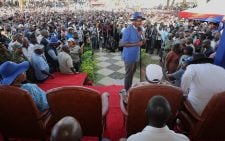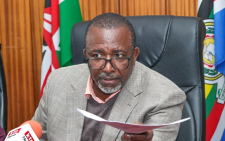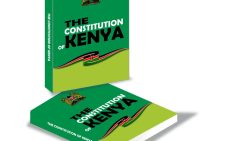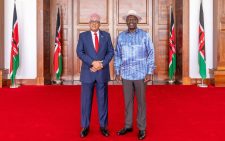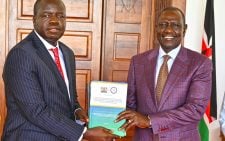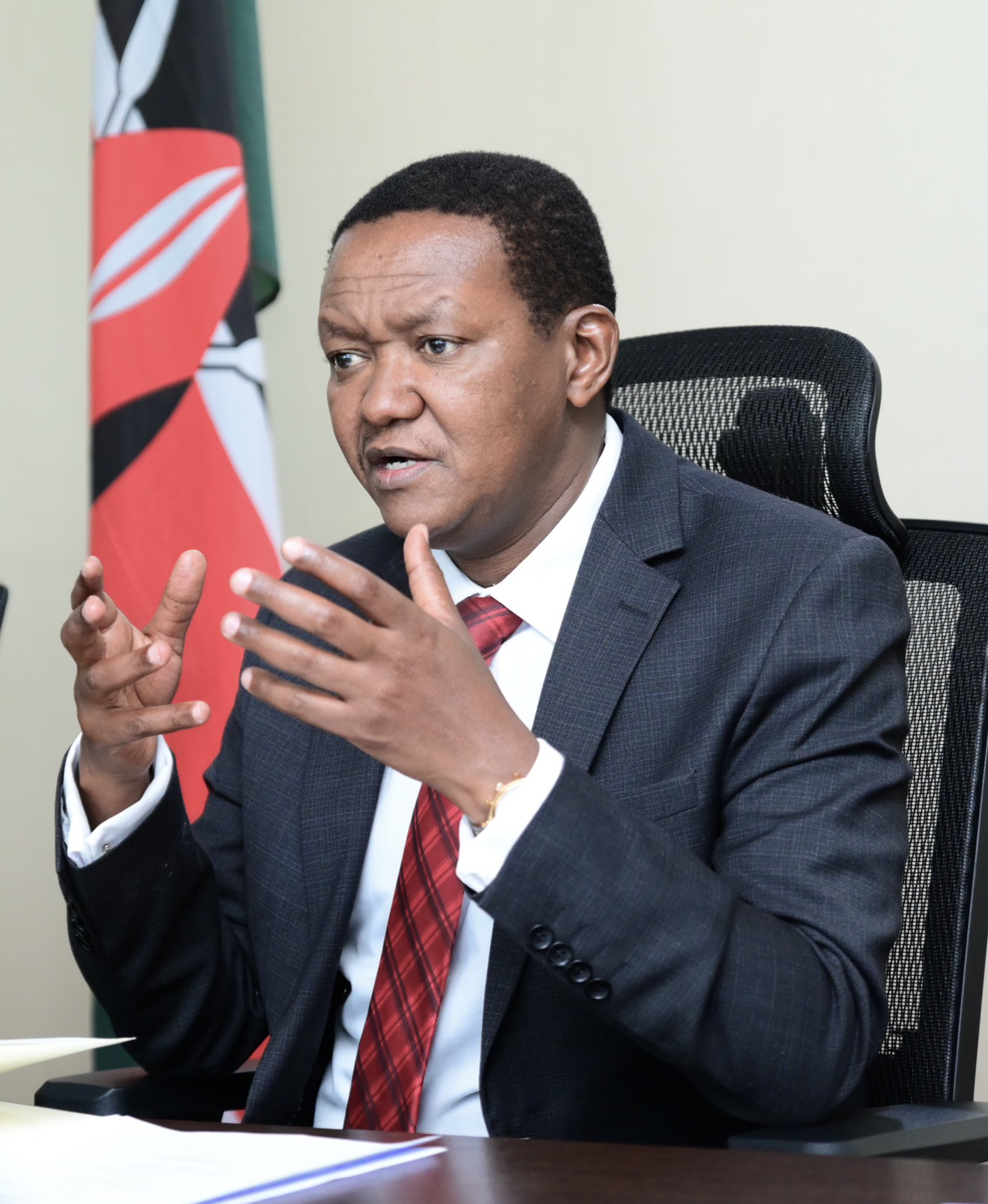‘My speeches on shareholder issues were informed by power-sharing covenants’ – Gachagua

Deputy President Rigathi Gachagua has defended himself against his previous utterances that have been cited in the ongoing impeachment motion against him.
Previously, the DP came out categorically stating that the Kenya Kwanza government belonged to the people who voted for it, and his statements were then criticized as divisive.
This has been used as one of the grounds to support the impeachment motion, but Gachagua feels the statement, if properly construed, is harmless.
Coalitions
The former Mathira Member of Parliament (MP) looked back to history in coalition formation as he dismissed the claims labelled against him and said that his utterances were not wrong in any way.
“Let me say my speeches on the shareholder issue were informed by power-sharing covenants, which are founded on law, having been deposited with the Registrar of Political Parties, and lessons learned from the well-known 2002 NARC power-sharing agreement.
“Further, sharing agreements are features of government formations in all democracies in the world. My pronouncements on the issue, if properly understood, are not only anchored in the law but entirely harmless and incapable of creating ethnic animosity.
“It is not a danger to national cohesion, and on the contrary, coalition building has been one of the most important innovations since the disputed 2007 general elections in ensuring stability, equitable sharing of political power, national cohesion, and fostering national unity,” Gachagua told MPs on Tuesday, August 8, 2024.
The DP also cited coalition agreements signed before the previous elections and said they did not violate any law of the land.
“Indeed, Kenya Kwanza’s main opponent in the 2022 general election, Azimio la Umoja-One Kenya Coalition, was a political party consisting of 25 political parties who also executed a power-sharing agreement based on shares.
“I am also aware that the Jubilee Coalition executed a 50/50 power-sharing agreement between the TNA party and the URP party for the 2013 general elections. That did not violate Sections 13(a) and 62 of the National Cohesion and Integration, nor has this commission (NCIC) summoned me to explain any of my comments and how it can affect cohesion,” he added.
After the elections, Gachagua said that he fostered unity by serving Kenyans regardless of their ethnic origin or political preferences.
“However, notwithstanding the power-sharing agreement upon my elections as the Deputy President, I went out of my way as required by the constitution of Kenya to serve all Kenyans regardless of their political preferences during elections or ethnic origin,” he concluded.

